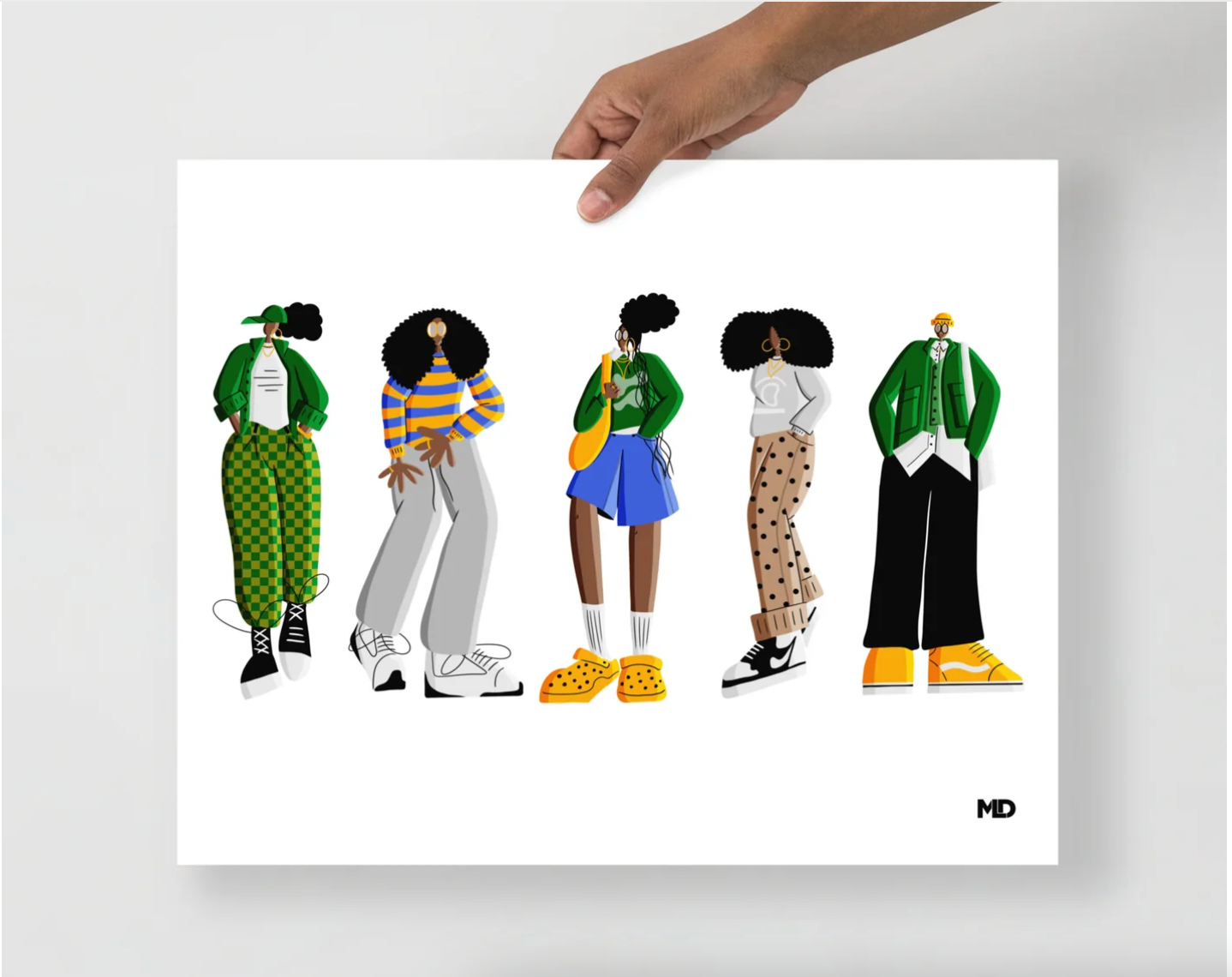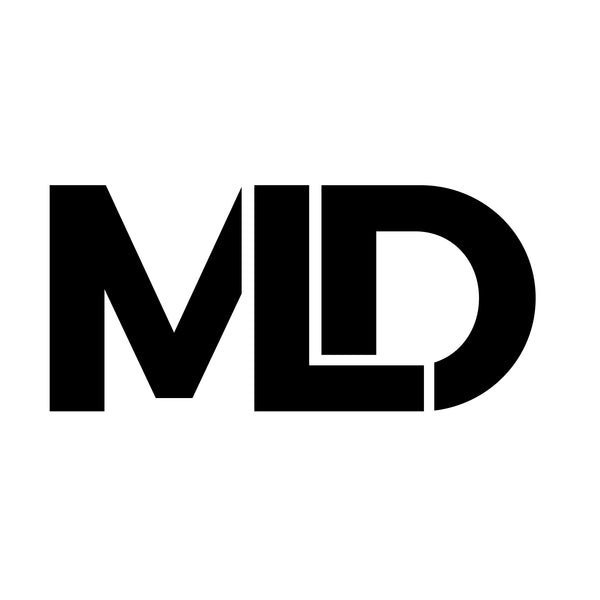
Disabled Not "Special Needs"
Share
In a collaborative effort to amplify Autistic voices, I'm sharing @neurodivergent_lou 's word from her Instagram page on my public blog. I have asked permission to share her words because I believe her experiences as an Autistic person are important & need to be heard & recognized, especially my parents of Autistic Kids.
"This post is just from my perspective and I obviously do not speak for all disabled people. If another disabled person prefers the term special needs, then I definitely value their choice and think that that language should be used for them.
I think that often people try to use the term special needs, differently abled or whatever other term, to avoid using the word disabled as they see it as something to hide from or something that needs to be ‘softened’ but I am tired of my disability being softened not just in language but in how I am expected to exist for the comfort of others.
DISABLED, NOT 'SPECIAL NEEDS'
Disabled people's needs are not special, extra, burdensome or additional. They are human needs. Referring to disabled people as having special needs is inaccurate. As an Autistic person, I need to be able to communicate and express myself. That need to communicate is not special. That need is the same as every non disabled person. I might just need accommodations in order to communicate.
"The term 'special needs' makes it feel like accommodating disabled people is optional, which it is not. The term 'special needs' is also associated with special treatment too and it gives society the impression that instead of accessibility being a right, it is a 'special treatment' or a special privilege.
"If disabled people's rights were seen as the rights that they are (instead of being seen as extra, additional or special) then perhaps wheelchair ramps would be in every building, plastic straws would be available to those who need them and disabled toilets would be made to be available and accessible. Instead, disabled people accessibility rights are seen as an afterthought.
"I want to see disabled people's accommodation needs normalized and the term 'special needs' does not do this for me. It 'others' disabled people. It separates disabled people's needs and the needs of non disabled people. When I was labelled as having special needs as a child, it took away my ability to feel pride in my disability too, and see disability as part of my identity. The term 'special needs' often infantilizes disabled people too.
"Disability is not special, rare, exceptional or unusual. Disability is a normal part of life. The term 'special needs' makes it sound as if it is unusual or rare. This too heightens the inaccessibility cycle. If people believe that disabled people are few and far between then people don't see the point or the benefit in accessibilty. Accessibility is however vital.
"Sometimes people say that they dont see my disability but hust see my needs, specifically my 'special or additional needs.' I feel that this is often because people see my disabled identity as something inherently negative, which I guess is part of growing up in a society which sees disability as something to be ashamed of. I need people to recognize my disability. I am exhausted by the euphemistic terms used to describe disability.
WHAT TO USE INSTEAD?
- Ask the person.
- Say the word disabled. It is not a bad word.
- Talk about the specific requirements of the person in the situation (ex. Lou requires a quiet space to go to decompress at school)
- Use the term 'accommodations' or accessibility requirements.
As a reminder, these are @neurodivergent_lou 's words shared from her Instagram page. I'm sharing a collection of her words so that parents of disabled kids can read & learn from an Autistic Adult & hopefully better understand.
I'm also sharing Lou's CashApp & Ko-fi account. She posts this information for anyone willing to donate should they learn something from her sharing this information.
Ko-fi: Neurodivergent_lou
CashApp: $neurodivergentlou


